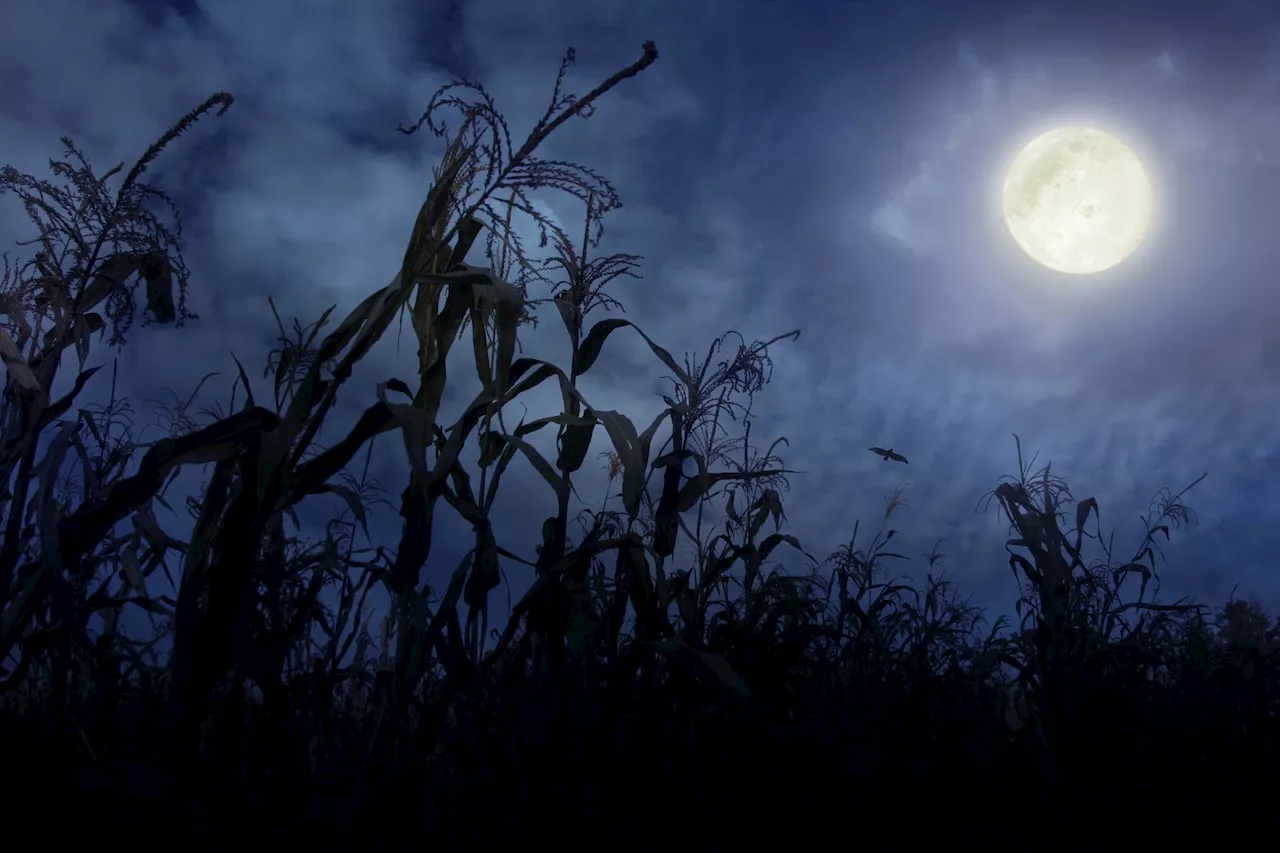Health
Scientists Unravel the Impact of Full Moons on Sleep Patterns

Research indicates that a full moon can modestly influence sleep patterns, although its connection to mental health remains ambiguous. A recent analysis by neurologists highlights these findings, challenging long-held beliefs about the lunar cycle’s effects on human behavior.
Studies have demonstrated that people tend to sleep differently in the days leading up to a full moon. As moonlight brightens the evening sky, individuals across various cultures report going to bed later and experiencing shorter sleep durations. The changes are not drastic, typically resulting in a loss of about 15 to 30 minutes of sleep on average. Notably, men often experience greater sleep disruption during the waxing phase, while women report a slight decrease in deep, restful sleep around the full moon.
The implications of sleep loss are significant, especially concerning mental health. Sleep deprivation is a known contributor to various mental health challenges. For individuals predisposed to conditions like bipolar disorder, even minor disruptions in sleep can exacerbate symptoms. Despite anecdotal claims linking the full moon to psychiatric crises, large-scale studies present a less clear picture. For instance, an analysis of hospital records from 2012 to 2017 found inconsistencies in the data, suggesting that while some individuals may be affected, the overall evidence for lunar phases triggering psychiatric issues remains weak.
“The idea that the full moon directly drives waves of psychiatric illness remains more myth than reality,”
explained a prominent neurologist. This skepticism is bolstered by the observation that the gravitational forces exerted by the moon are insufficient to significantly impact human physiology. Additionally, research into geomagnetic and atmospheric changes during lunar phases has yielded inconsistent outcomes.
The reasons behind the persistent belief in the “full moon effect” can be traced to cognitive biases. Psychologists suggest that people tend to remember unusual events that coincide with full moons while overlooking numerous uneventful nights. This tendency may contribute to the perception that the moon has a more substantial influence on human behavior than scientific evidence supports.
While the notion of the moon causing madness is largely unfounded, its minor effects on sleep underscore a crucial point: exposure to light at night is significant. Human bodies are naturally attuned to the cycles of light and dark. In contemporary society, artificial lighting—whether from streetlights, mobile devices, or television screens—has a far more profound impact on sleep than moonlight ever could.
If individuals notice increased restlessness during full moon nights, it may not be merely a figment of their imagination. The moon’s light may indeed affect sleep, albeit modestly. However, for those experiencing chronic sleeplessness, it may be more prudent to examine environmental factors, such as electronic devices, rather than attributing the issue to lunar phases.
As scientists continue to explore the complex interplay between sleep, mood, and external influences, it is clear that understanding these relationships is vital for enhancing mental health outcomes. The ongoing research serves as a reminder of the intricate connections between our environment and well-being.
-

 Politics1 week ago
Politics1 week agoDallin H. Oaks Assumes Leadership of Latter-day Saints Church
-

 Sports1 week ago
Sports1 week agoSteve Kerr Supports Jonathan Kuminga After Ejection in Preseason Game
-

 Lifestyle1 week ago
Lifestyle1 week agoDua Lipa Celebrates Passing GCSE Spanish During World Tour
-

 Business1 week ago
Business1 week agoTyler Technologies Set to Reveal Q3 2025 Earnings on October 22
-

 Entertainment1 week ago
Entertainment1 week agoZoe Saldana Advocates for James Cameron’s Avatar Documentary
-

 World1 week ago
World1 week agoD’Angelo, Iconic R&B Singer, Dies at 51 After Cancer Battle
-

 Science1 week ago
Science1 week agoChicago’s Viral ‘Rat Hole’ Likely Created by Squirrel, Study Reveals
-

 Lifestyle1 week ago
Lifestyle1 week agoKelsea Ballerini Launches ‘Burn the Baggage’ Candle with Ranger Station
-

 Health1 week ago
Health1 week agoRichard Feldman Urges Ban on Menthol in Cigarettes and Vapes
-

 Health1 week ago
Health1 week agoCommunity Unites for Seventh Annual Mental Health Awareness Walk
-

 Business1 week ago
Business1 week agoMega Millions Jackpot Reaches $600 Million Ahead of Drawings
-

 Business1 week ago
Business1 week agoMLB Qualifying Offer Jumps to $22.02 Million for 2024







